As intellectuals we place a lot of emphasis on the clarity of definitions, and the question of "What exactly is Astrology?" often comes up in a discussion.
Well, the active ingredient in Astrology is that it is a study of natural cycles, and we can use that as a working definition. Why then do we want to study cycles? The simple answer is that cycles are an inherent part of our life and an everyday phenomenon in our existence.
The physiology of the human body is characterised by numerous cycles. We all experience alternate cycles of wakefulness and sleep. The heart has an intrinsic rhythm consisting of electrical activity and the way it pumps blood to the body follows a regular cycle. So does the way we breathe. We have a similar respiratory cycle that inhales oxygen and gets rid of carbon dioxide and maintains the level of our blood gases to narrowly regulated limits. The female gender in particular are well aware of their monthly menstrual cycles and their ovulation cycles. At our organ level the epithelial lining of our intestines goes through regular cycles of shedding, desquamation and regeneration. At a cellular level, our carbohydrate metabolism goes through a Citric Acid Cycle. Our individual body cells replicate according to a DNA cycle.
Cyclical phenomena abound in our environment. We live in four seasons. Tides rise and fall according to the cycles of the Moon. So do the psychical behaviour of inmates in mental assylums. Business students are familiar with business cycles, which refer to fluctuations in business activities around a growth trend of a country. Farmers can tell us about their planting cycles - from the ploughing of the land, planting of the seed, flowering, harvesting of the fruit to the re-preparation of land and soil for the next planting cycle. Economics students know of Kondratieff long waves which describe the cycles of economic bust and boom that last 50-60 in duration. Throughout the history of mankind kingdoms flourish and perish, and civilizations rise and fall in a cyclical manner.
Astrology in fact helps us to study all these natural phenomenon through the cyclical movements of planets in the heavens. It seeks meaning in everything in the environment around us. It leverages on the symbolic messages encoded in the celestial bodies to help us to derive meanings as to what happens on earth. This in essence is the knowledge of Astrology. It has helped to explain many natural phenomenon and able to predict natural disasters e.g. earthquakes, weather changes.
Then the Scientific revolution came along and proposed the experimental approach as the most robust basis for deriving knowledge. As soon as man is able to find a scientific explanation or a logical basis of certain astrological phenomena, that part of the knowledge gets carved out and renamed. Astronomy, for instance was splitted off from Astrology, especially after the invention of the telescope, and thereafter enjoys itself as a scientific knowledge discipline. Likewise, Meterology becomes a discipline on its own, as Science is able to contribute more precise instrumentation for measuring natural cycles and able to predict weather changes and earthquakes. What remain of the knowledge domain of Astrology today are unfortunately those areas that man has yet to be able to find explanations from the scientific perspective. This is how epistemology works. Hence modern Astrology continues to appear mystical and intriguing to us but this should not stop us from continuing to rediscover what we can learn from man's ancient wisdom.
Friday, February 13, 2009
Subscribe to:
Post Comments (Atom)




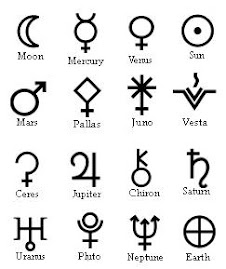



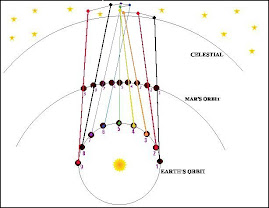

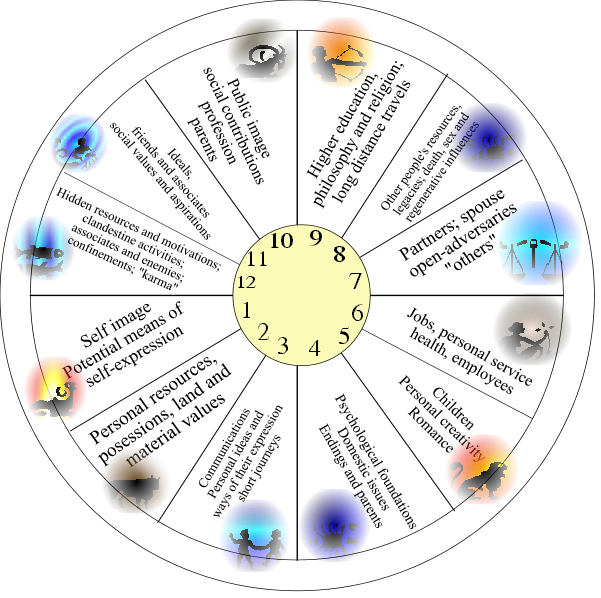
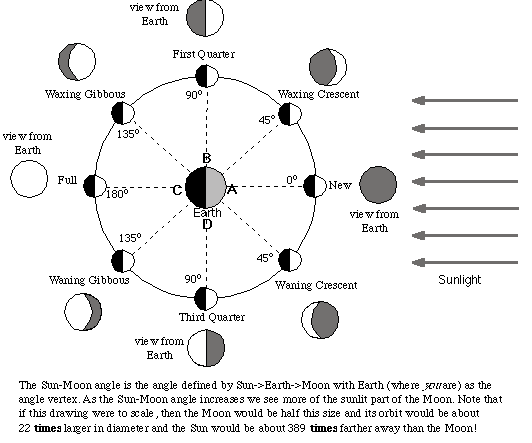
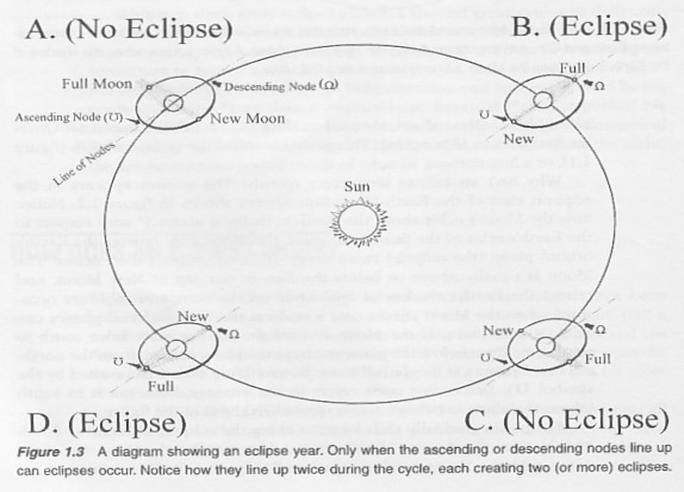


hello I love that i just found your blog on a full moon! please check out my astrological paintings at my website and follow my blog too if you wish!
ReplyDeletewww.loriannbellissimo.com
thank you